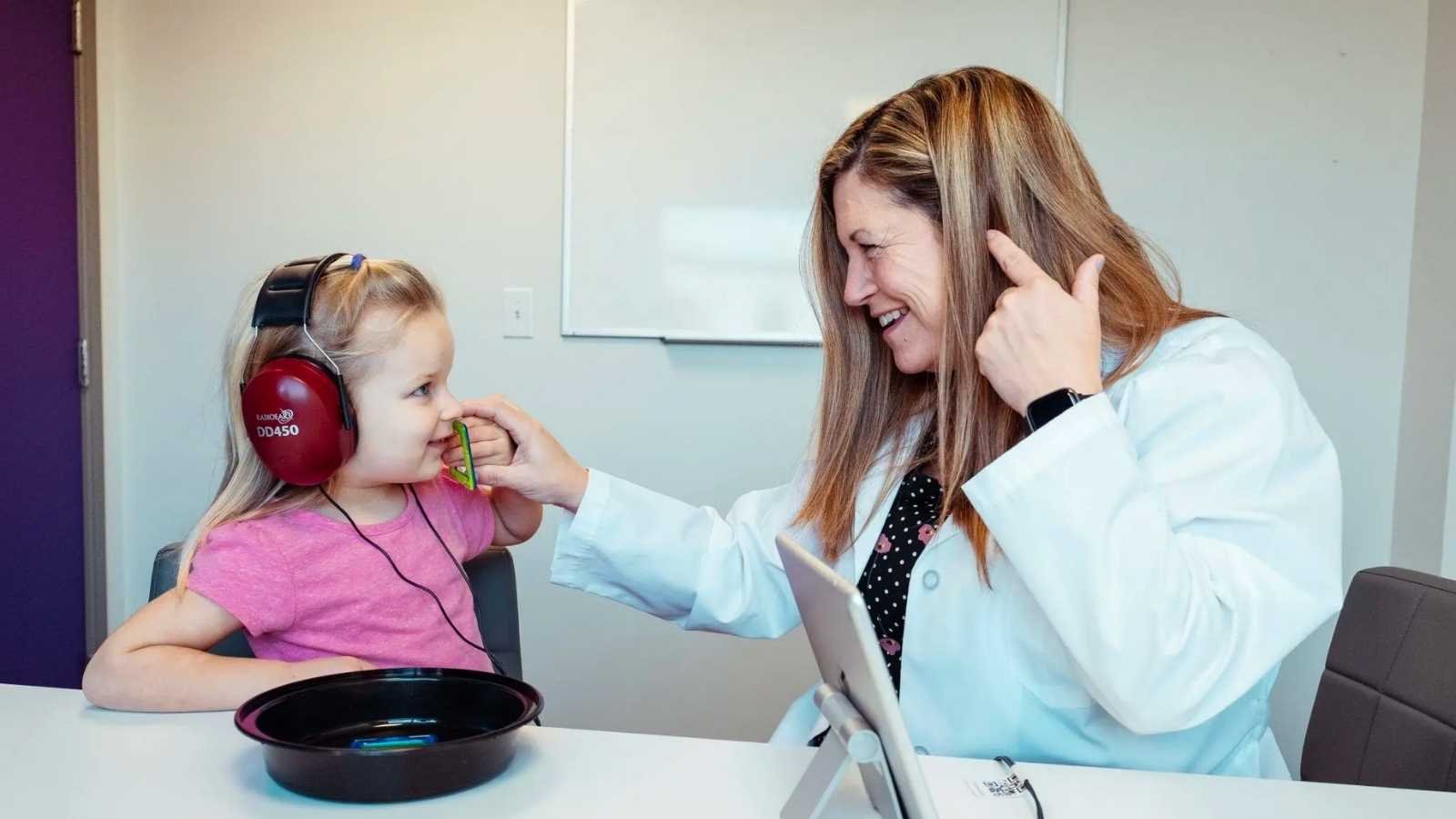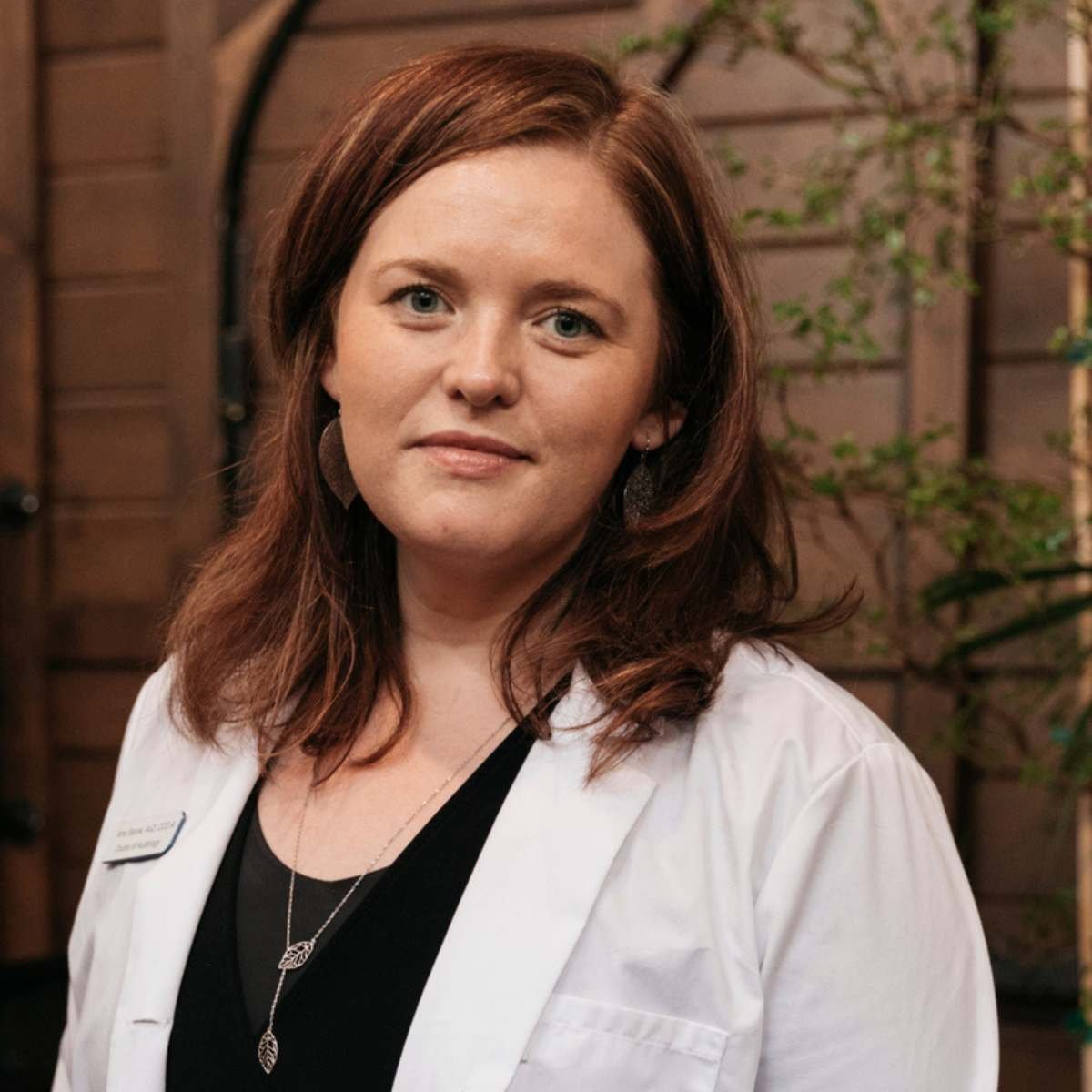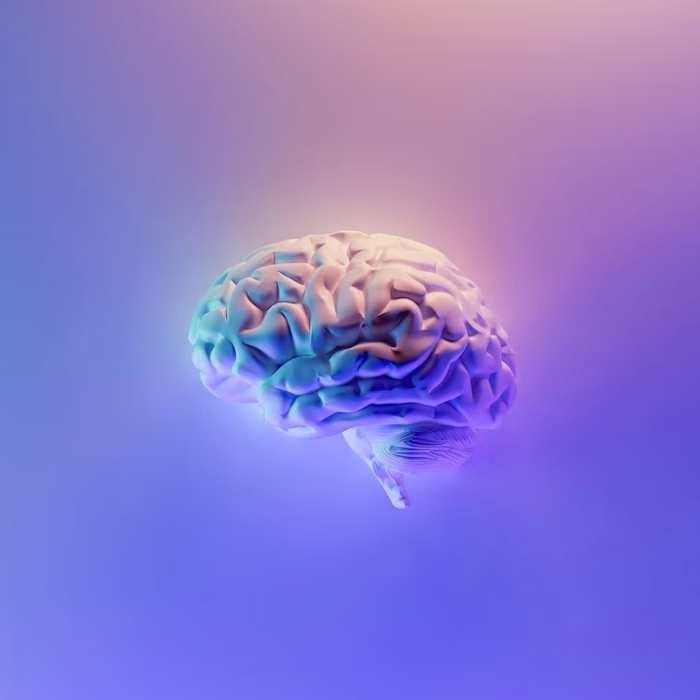Do you hear well but have trouble making sense of speech? You may have Auditory Processing Disorder. Also known as APD, this disorder affects how your brain processes the sounds it receives.
In this post, we’ll go over what APD is, its symptoms, causes, and treatment options.
Key Takeaways:
- Auditory Processing Disorder (APD) is different from hearing loss. Individuals with APD may hear sounds within the normal range but have difficulty deciphering what they hear.
- Diagnosing APD involves ruling out other etiologies that can interfere with focus, concentration, or attention.
- Audiologists who specialize in APD testing play a key role in the diagnosis, once other possibilities have been ruled out.
- Treatment can include an FM system or preferential seating for children in a classroom to improve signal-to-noise ratio.

What is APD?
Hearing is complex and involves an intricate chain of events that begins at the outer ear and travels up (our full guide to hearing and the brain here).
Sometimes, the ear picks up sounds or speech, but the brain has trouble deciphering their meaning. This disconnect between the ears and the brain is often diagnosed as APD.
When someone with Auditory Processing Disorder hears speech, their brain does not combine or understand the speech in the same ways as someone without APD. Because of this, APD is often first noticed in childhood.
Someone with APD could have excellent results on their hearing tests but struggle to grasp conversations, miss instructions, or ask people to repeat themselves.
APD is not an indication of intelligence.
It is critical to highlight that people with APD can understand complex concepts when they receive them in other ways, such as through reading or if a speaker talks slowly and there is no background noise.
APD does not affect a person’s intelligence. However, strategies and accommodations are required for those with APD to thrive.
Auditory processing disorder symptoms and tests.
Symptoms

If you or your child is having trouble hearing or understanding, consider making an appointment with an audiologist, a doctor who specializes in hearing. You can find a professional in your area at ASHA ProFind.
An audiologist will conduct a series of tests to determine whether an APD diagnosis is appropriate. At your appointment, the audiologist may look for difficulties:
- following a conversation
- determining where a sound comes from
- responding to others quickly
- listening to music
- following directions
- understanding speech in noisy environments
- telling the difference between similar sounds
Diagnosis
It’s important to note that APD is a diagnosis of exclusion. There are a variety of other etiologies that can disrupt the chain of events involved in hearing and present with similar symptoms as APD.
Some of these include Autism Spectrum Disorder, Attention Deficit Hyperactivity Disorder (ADHD), learning disorders, developmental delay, significant speech or language disorders, or hearing loss.
For this reason, it can be useful to take a team approach in determining the most accurate diagnosis. A physician, psychologist, or speech-language pathologist can assess and rule out other conditions contributing to the understanding difficulty.
Tests

An audiologist will do a traditional hearing test to rule out the presence of hearing loss. Then they will use specially designed hearing tests, which assess different parts of the auditory system and how sound is received.
A full APD test can take up to two hours and is very interactive. This evaluation may include tests such as:
- Assessing pattern recognition
- Understanding different rates of speech (i.e. fast versus slow)
- Understanding speech in background noise
- Listening to two different words spoken at the same time
- Repeating words heard in one ear while the other ear hears a different sound
Because of the required attention and participation, a complete diagnosis usually cannot be made until a child is seven or older. When a child is younger, routine pediatric hearing exams can determine whether there is a hearing problem.
If you are struggling to describe APD to someone you love, this video demonstration might help.
What causes APD?
The cause of auditory processing disorder is not known. However, research suggests that APD can be related to the following:
- Head trauma
- Language delay
- A seizure disorder
- Chronic ear infections
- Neurological changes
- Premature birth
- Hyperbilirubinemia
- Genetics
APD can also be caused by more than one factor.
APD treatment options.
Currently, there is no cure for auditory processing disorder. Communication strategies, environment optimization, and self-advocating can provide benefits and support.
Additionally, the area of the brain affected by APD continues to grow until around age 13, and some children grow out of APD.
Treatment for children

If a child is diagnosed with APD, an audiologist will establish a list of accommodations to help the child succeed at school. These can include:
- A strategic seating arrangement, like near the speaker at the front of the class
- An FM system, which is a small microphone the teacher wears to send their voice directly into headphones that a student with APD wears
- Visual cues to accompany verbal directions, such as written directions or pictures
- Therapy to specifically address auditory processing skills
It’s important to support children with APD to advocate for their own needs. Strategies include:
- Asking people to speak more slowly.
- Reducing background noise.
- Asking people to repeat what they said.
Children should be aware of their needs so they can clearly communicate them to their friends and other adults.
Treatment for adults
In addition to an FM system and therapy, adults with APD will also benefit from clearly communicating their needs and strategically choosing listening situations to help them. For example, when going out to eat, choosing a booth with benches with high backs will help cut out background noise. Sitting in a corner will also be helpful if booths are not available. Adults can also consider recording important meetings for later listening.
Some adults or children with APD and normal hearing benefit from a hearing aid set to a low volume. Especially in specific environments, a hearing aid can help to reduce the impact of background noise through an improved signal-to-noise ratio (i.e. less background noise).
Conclusion
For those who struggle with speech understanding, it’s essential to know that there are strategies and support that can make a big difference.
If you suspect you or someone you know may have Auditory Processing Disorder, make an appointment with an audiologist today.






